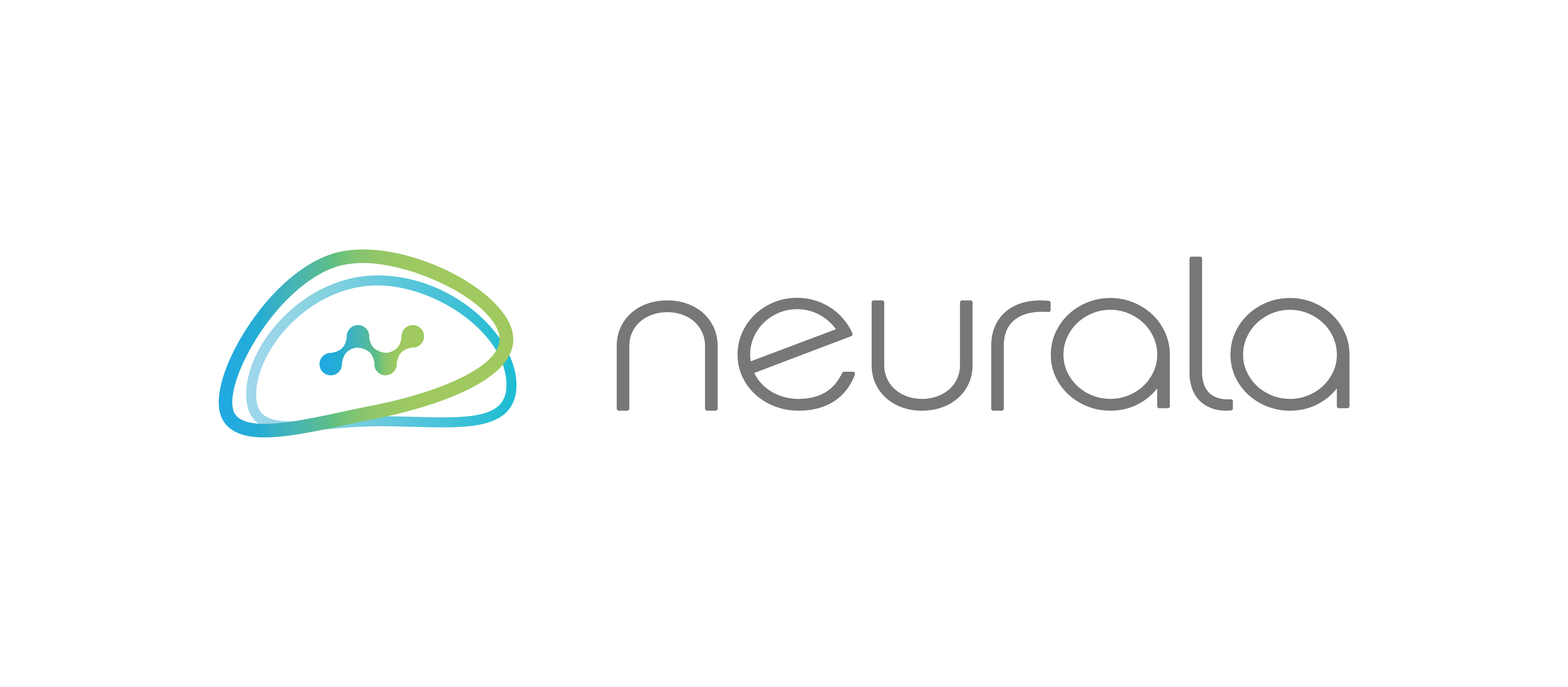Your top 4 questions about AI, answered by Max Versace
Max Versace is the CEO of Neurala and has lectured on Artificial Intelligence for TedX, NASA, and the Pentagon, among others. He spoke with Inc. to break down the answers to your burning questions about AI:
Is Artificial Intelligence for sales simply CRM software re-packaged with a fancy name?
CRM software that isn’t enabled with AI can't "think" for itself; it obeys preprogrammed rules that only work in simple cases. If you want your customer to receive an email, for example, you need to write the email and schedule it to be sent to them.
AI, Neural Networks, can learn by examples to execute arbitrary tasks. For instance, an AI 'CRM' solution can learn to respond to emails like humans. In essence, they can generate by teaching examples and very complex rules that humans follow.
In layman’s terms? Artificial intelligence software for sales is not simply a repackaged CRM. It has its own brain and can carry out tasks without you asking it to.
What's the difference between Artificial Intelligence and Machine Learning?
The terms "Artificial Intelligence" and "Machine Learning" are sometimes used interchangeably because the two both describe the use of software and hardware that enable a machine to be "intelligent." But the difference is that "Artificial Intelligence" is a broader term for providing machines with the ability to perform rational tasks, while "Machine Learning" is a subset of AI that encompasses the use of data for the machine to learn. The real distinction is between these two terms and Neural Networks. Which, of course, raises the question:
What are "Neural Networks"?
Neural Networks are a subset of AI/Machine Learning that implement intelligence by directly emulating brain processing in software.
For example, Neurala builds emulation software of small mammal brains, giving the robot or drone the ability of that particular animal to perceive and navigate the world. Years ago, these kinds of behaviors were programmed in an explicit way, giving the machine a more outside view of the subject.
As human beings, we can look at a bird, for example, and give a commentary about how it behaves. With Neural Networks, the machine is essentially given the brain of the bird, which allows it to learn to behave exactly like the animal.
Will AI affect our jobs?
Yes; but don’t panic. All jobs—including those not involving programming AI—will be changed in the next twenty years.
AI won’t take the parts of your job that you love, but it will relieve workers from working in tasks that are dull and dangerous. Robots can take over those tasks, and humans can focus on supervising them, or other, more creative tasks. In a sense, it will take the "robotic tasks" out of humans, and enable humans to be... humans!
Another byproduct of AI? It will save businesses billions of dollars per year in increased productivity, as robots ramp up their output—pretty good news for your bottom line.
